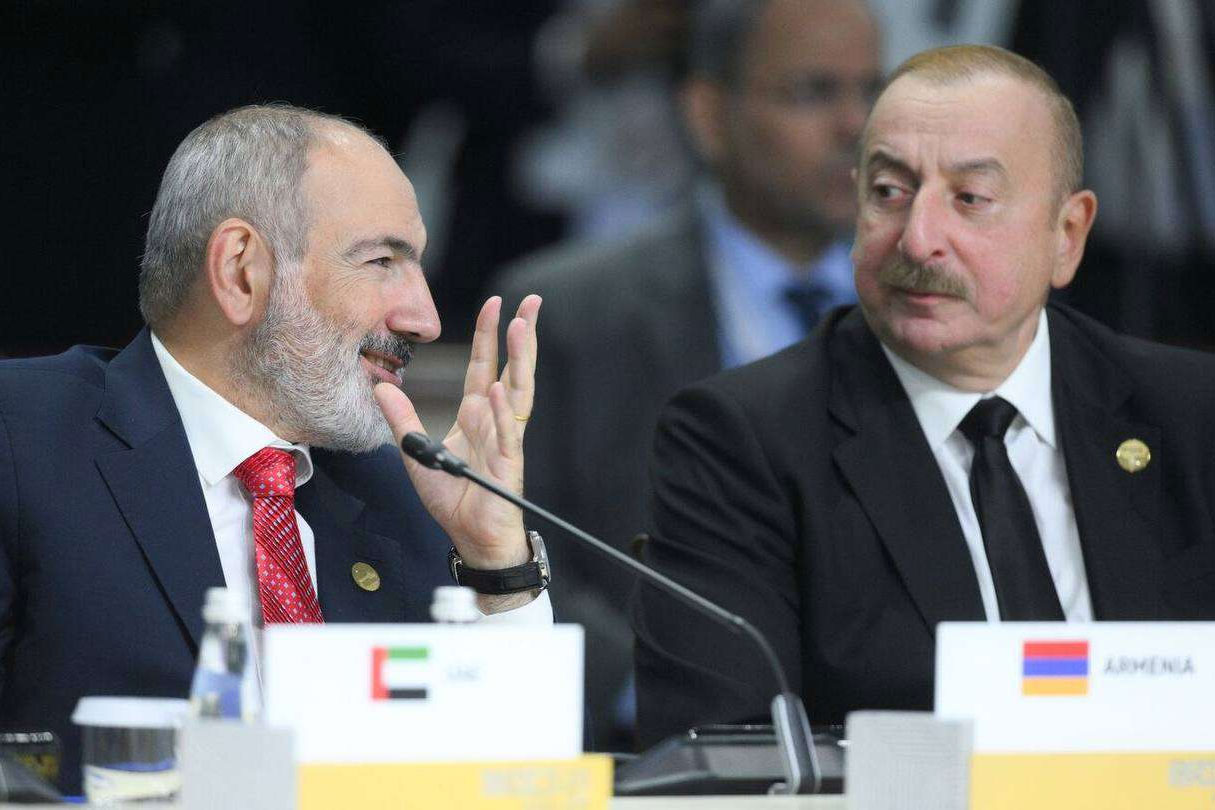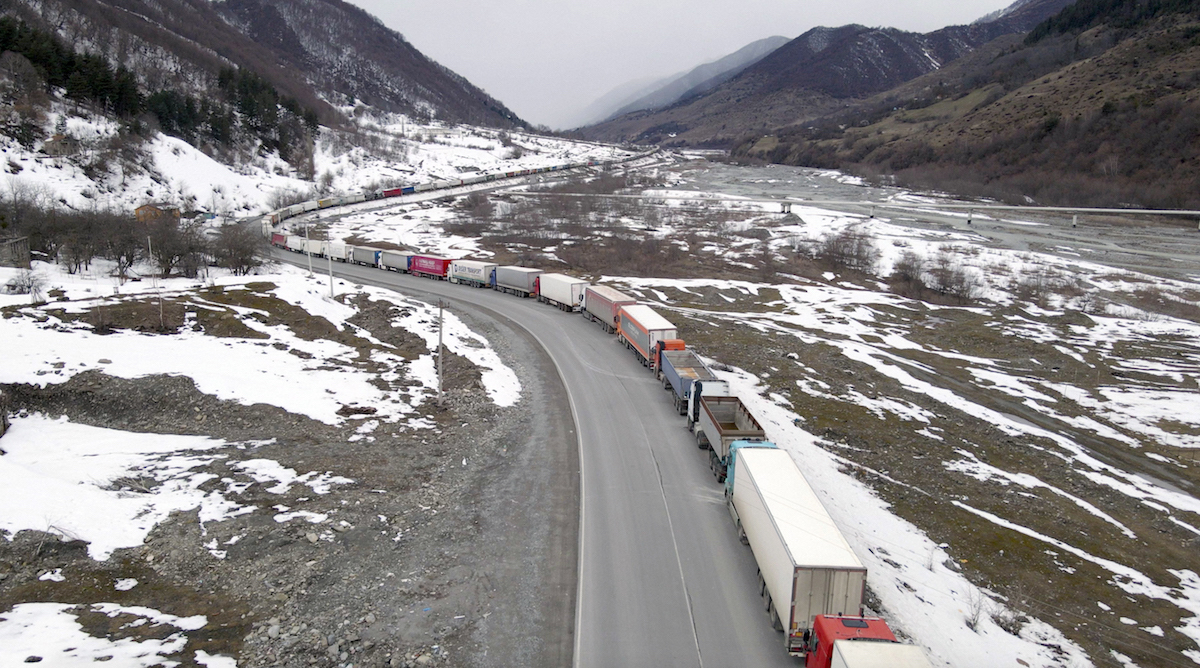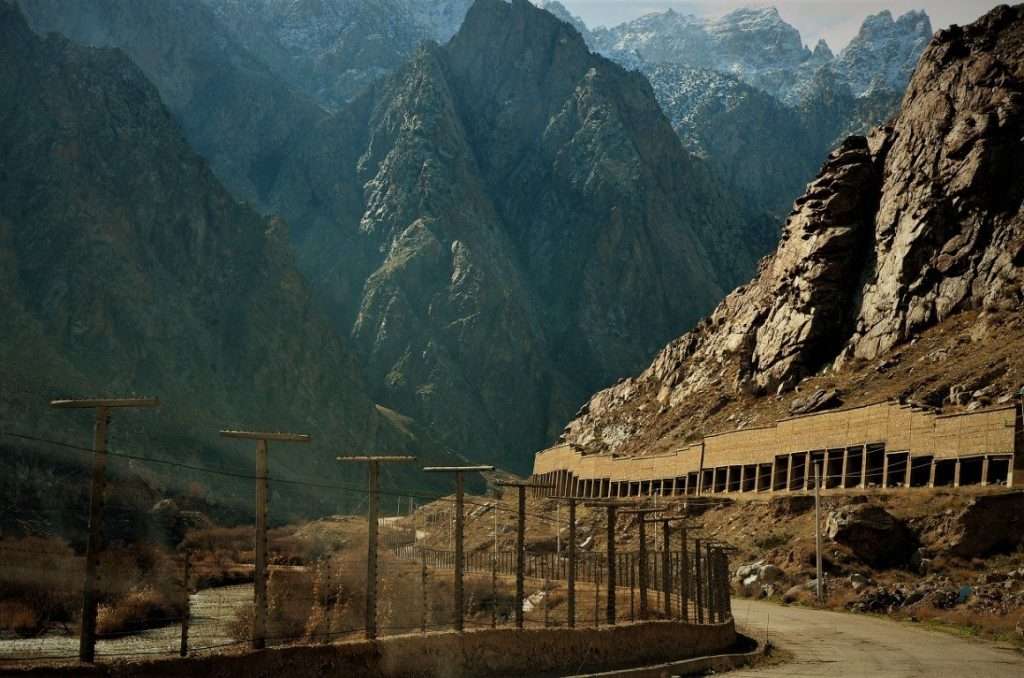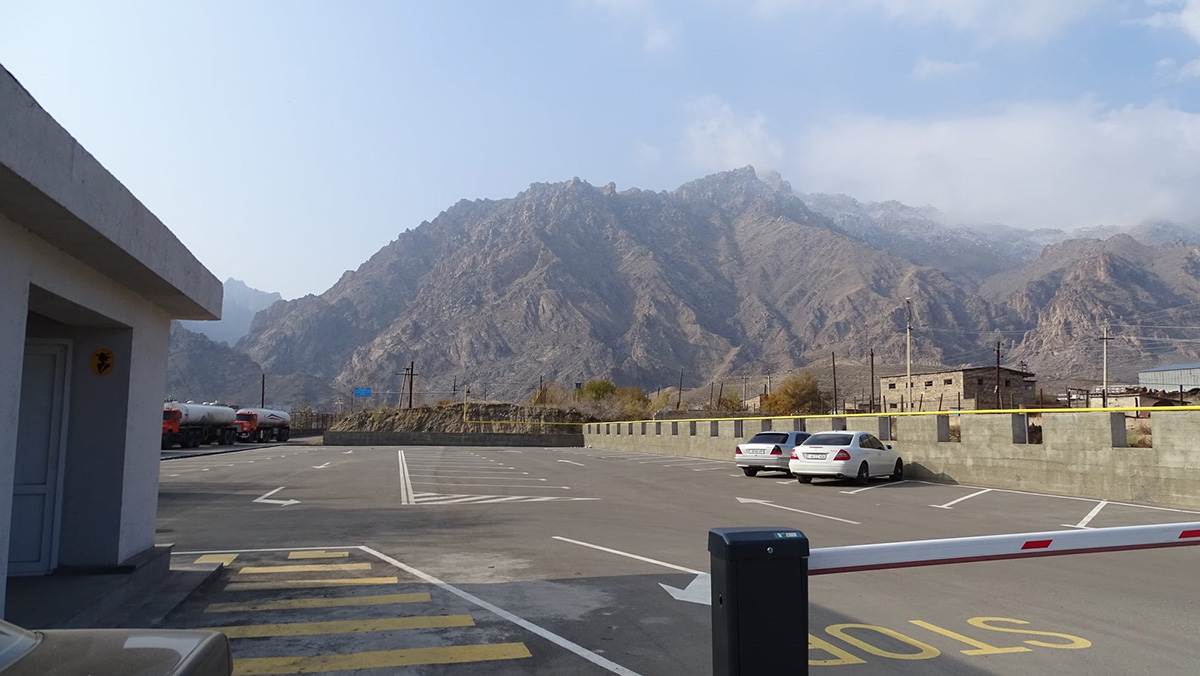Opinion: 'Armenia could become transit hub, but action and regional agreements are needed'
Expert discusses regional communications’ unblocking
“Armenia needs to adopt a strategic approach to unblocking regional communication routes, considering that the trade war between the U.S. and China significantly increases the geopolitical value of this emerging route,” said Samvel Babayan, leader of the “United Homeland” party. Babayan is better known as the former commander of the defense forces of the unrecognized Nagorno-Karabakh Republic (NKR). Known for his unconventional positions, the former military leader has periodically submitted written proposals to Armenia’s authorities on addressing critical national issues.
This time, Babayan shared his thoughts on the unblocking of regional communication routes.
He claims that Yerevan’s reluctance to agree to the unblocking of roads through its territory is not due to Moscow and Baku’s demands for an extraterritorial corridor, as Armenian authorities argue. The government explains that the term “corridor” implies losing control over its territory. However, according to Babayan, there is another subtle game at play—an isolation strategy led by neighboring countries pursuing their own interests. In his view, Iran and Georgia oppose Armenia becoming a transit country, as it threatens their economic interests.
- ‘Dictatorship can’t deliver justice’: Former Karabakh officials on trial in Baku
- Delimitation of Armenian-Azerbaijani border to continue ‘from junction with Georgia’
- Armenian NGOs сall on Pashinyan to maintain legal actions against Azerbaijan
“Middle corridor is crucial for West and Turkey”
According to Samvel Babayan, Azerbaijan’s President Ilham Aliyev’s statement claiming that the “Zangezur Corridor must and will be opened” was directed more at Russia and Iran than at Armenia. Armenian experts interpreted Aliyev’s words as a threat to Armenia’s territorial integrity, but Babayan urges a closer look and a broader perspective:
“We overlook that Aliyev also made other points. He told Europeans, ‘You want access to Central Asia through Azerbaijan; you’re not going to dig a tunnel under Azerbaijan. You’ll have to negotiate with us.’ After that, he mentioned the road.”
Babayan argues that resolving the issue of communication routes is primarily in the interests of Turkey and the West:
“If their goal is to remove Central Asia and the Caucasus from Russia’s sphere of influence, this road—the Middle Corridor [linking China with Europe]—must exist. That’s why Azerbaijan tells Armenia, ‘We’ll create pressure on you to agree, despite your promises to Iran and Georgia not to do so.’”
Babayan believes the Middle Corridor could bring billions of dollars to Armenia and advises the government to act quickly and begin building the necessary infrastructure.
“The U.S. President says the Panama Canal must be under their control. Now I ask, for whom is it being taken under control—China? China has no choice but to reach Europe via Central Asia, through this corridor,” Babayan explains.
The economic conflict between the United States and China began during Donald Trump’s first term and continued under Joe Biden. In May 2024, Biden increased tariffs on Chinese goods, including electric vehicles, aiming to curb the flow of Chinese products.
“We are being isolated by our own hands”
Babayan emphasizes that he is not referring to the infrastructure outlined in the government’s Crossroads of Peace project. He explains that the project focuses on roads through Sotk, Kapan, Goris, and other areas, but not the transit route he advocates for.
“Look, Iran says: do not plan a road through Armenia. They claim it’s against their interests; it’s a red line for them. At the same time, Iran proposes building a bypass road, adding an extra 60 kilometers through their territory. But I’m saying that’s a red line for us. Essentially, you are isolating us with our own hands just to benefit yourselves.
The economic interests of Armenia’s other neighbor, Georgia, must also be considered. Forty-five percent of Georgia’s budget comes directly from transit revenues. Azerbaijan pays Georgia for the transit of oil and gas,” he explains.
Babayan argues that if Armenia unblocks the roads through its territory, more convenient and shorter routes will become available. He is confident that many, for example, would prefer traveling to Turkey through Armenia rather than via Georgia.
“Neighbors have declared themselves transit countries”
In his interview, Babayan pointed out that Armenia’s neighbors are positioning themselves as key transit countries, and Armenia should follow their lead. According to him, Iran aims to route oil and gas from Central Asia and Iraq through its territory, then transport it via Armenia and Georgia to Europe through the Black Sea.
“Iran believes that the resources of the Caspian Basin in Central Asia should not flow through Azerbaijan to Iran directly but should first reach Iran and then be transported through Armenia,” he clarified.
Babayan argued that if Armenia offers its territory as a transit route, enabling Azerbaijan to transport oil and gas to the Mediterranean, Iran’s influence over Baku would be nullified. Additionally, Georgia would suffer significant losses:
“Georgia would lose $3.5 billion if transit routes shift to Armenia. Currently, Turkey trades $55 billion with Russia and $15 billion with Central Asia. All these shipments would move through our territory.”
For this to become a reality, Babayan stressed the importance of effective negotiation with neighbors and finding common ground:
“Can we achieve this? Do we want to? Or are we content to serve the interests of other nations instead of our own?”
“Armenia can strengthen its role and ensure national security“
Babayan believes that Armenia’s neighbors have conflicting interests regarding the unblocking of regional communication routes. He argues that Yerevan should avoid supporting any single side or prioritizing their interests. Instead, he suggests finding a “golden middle ground” and acting in Armenia’s best interests:
“In this scenario, Armenia can become a hub for various communication routes. Without sounding arrogant, all roads lead to Rome, but many of those roads pass through Armenia. Situated at the crossroads of all routes, if we manage to negotiate effectively with each neighboring country, our role in the region will grow, and to some extent, our security will be ensured. Security isn’t solely about having an army.”
Babayan declined to elaborate during the interview on what specific agreements should be made with each neighboring country, stating only that he has submitted all his proposals to the Armenian authorities in writing.
In addition, he advises the government to start building roads without delay, upgrading them to meet international standards and ensuring they offer the necessary services for passengers.






















